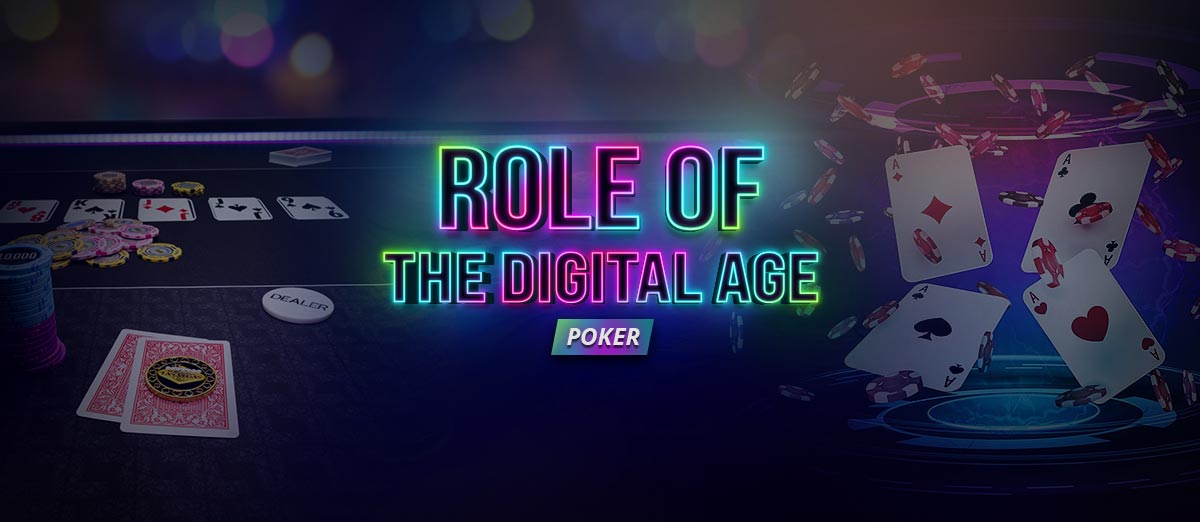Uncovering the Dark Side of Poker – From Digital Deceivers to Unethical Players

If I were to estimate how long it took human beings to start cheating in games of chance from the moment of that game’s inception, I think a conservative guess would be about five minutes.
Crooked play is obviously a danger whenever money is on the table, but the most hazardous period of play is the time between a cheater perfecting a strategy and their victims realizing they have been taken for a ride.
I’ve recently discussed how gambling cheaters are often a victim of their own success, where a big score is always in danger of exposing that a scam has taken place.
Con artists are particularly vulnerable to being found out once they have the money, and their victim is left with nothing but broken promises. Truthfully, most modern scammers simply vanish into the ether since most modern scams are perpetrated in some online live casino from thousands of miles away. In the past, con games were a very personal affair, and avoiding pursuit was a primary concern. The act of walking away (and not running) from a scam depends on the art of cooling out the victim so they either have no idea they were conned or have no desire to take matters further.
A natural cool-out is the shame of being conned, and this is a particularly nasty but effective aspect of being swindled: After being fooled, most people prefer to avoid their friends, families, or peers finding out, so simply let the matter go, even if they lost many thousands to a scam.
Not so in games of chance where obvious foul play is hard to tolerate (although many scams are not so easy to detect). Some angles, such as collusion, can be hard to prove or even police and are overly accepted in many brick-and-mortar casinos and playing locations, but if gamblers feel they are being cheated, they can move to protest and restore their losses or - in extreme examples - recover those losses by force.
There’s a famous engraving of a cheater being caught by three players with a mechanical device up his sleeve, wrestled from the table by two of his victims as a third grapples with his arm while an ace pops out of his sleeve. According to the real story of this incident, the cheater did not end up dead in a ditch but was instead blackmailed into building three more of these devices for the other players to use in their own games! This makes me wonder how many modern victims of modern cheating scams simply adopt the system for themselves, but that’s a subject for another day.
Cheating and Scandal in the World of Poker
Today, the world of poker is full of stories where players have been caught using software to make perfect decisions, alternate communication tools to share information or out-maneuver opponents, or even inject software onto victims’ computers to gain illegal access to their screens.
As with all methods of cheating, if there’s a way to do it, someone will try to get away with it. I have no idea how many of these digital deceivers go undetected, but we are constantly seeing new stories in the poker community about crooked players – sometimes world-famous gamblers - getting caught with their fingers in the till.
Over the last couple of years, we’ve seen many public accusations ranging from dubious behavior to outright theft. Not all of it (none of it) is as sexy as an Ocean’s Eleven heist. For example, one well-known video blogger was arrested for stealing tips from dealers, which meant the story quickly spread and became much bigger than it would had he just been some schmo with sticky fingers.
This is hardly the stuff of Brett Maverick or Danny Ocean, but your average gambling and casino scam is a little better than grabbing chips and running for the door. Seemingly mundane, unethical scenarios like male players entering women’s events can be damaging to the game as a whole, and just this week, a male player won a women’s tournament claiming he was deliberately protesting some political point or other.
This type of behavior is unnecessary, but organizers are to blame when they refuse to police entries or set clear rules as to who can enter, and while such rules can be difficult to define or enforce, they are essential if they hope to offer this type of event.
Online events are open to more effective forms of abuse where players have been known to employ more than one account to have more than one seat in a game or employ other people to play a known account while they play others, cloaked by the anonymity of their sock puppet accounts. This might offer an advantage but is not necessarily cheating in and of itself, but the benefits of this activity jive with practices that are definitely unfair and against the rules of any game.
Most revealing about these less-sexy cheating methods or examples of moral “flexibility” is that they show us that dishonest play can be found at all levels of the game, and some modern examples are both blatant and stupid in equal measure.
The Art of Cheating and Getting Away in High-Stakes Games
When cheating a game professionally, the get-out is an important consideration, even if the only solution is to pull a gun and hope for the best. More sophisticated cheaters construct methods around easy alibis, or better yet, they set up an innocent player to be a fall guy if someone beefs. Essentially, the professional cheater’s goal is to avoid a straight line between players losing their money and whatever method was used to make that happen.
Consider, then, high-profile players engaging in high-stakes online games after planting software on opponents’ laptops and having complete knowledge of their hands; or the players who hacked online gambling sites in order to play in “God mode” while seeing every card with every hand. You’d think that with such an advantage, their first concern would be how to conceal that they have an unbeatable edge, but instead, they woke up their victims by playing way too strong and way too well for it to be mere luck or skill.
What exposed these scams - and many more - was the suspicion created by a sudden ability to play beyond the level of expectation. In other words, the victims smelled a rat and called it out, and when they did, other victims soon realized their own suspicions might have been accurate. Like any method for beating a game unfairly, the chances of being found out coincide with the chances of winning with that particular method. The more your crooked system works, the greater the chances that someone is going to smell a rat.
Some scandals are much bigger than a few gutless thieves taking unfair advantage of their fellow players. Black Friday threatened (and claimed) the funds of many amateur and professional players when major sites were shut down, and while some accounts were restored (or made good) over time, this catastrophic blow opened the door for other sites to fill vacant spaces and fulfill the demand for online games. The result was even more losses as certain sites reneged on promises, locked up player funds, then folded in their ultimate (perhaps predictable) demise.
Bottom Line
While researching “modern poker scams”, Black Friday and its repercussions were often rated as number one on players’ lists, but this isn’t what I would call being cheated in the game so much as being cheated in the world (away from the poker table), and while hindsight is 20/20, many of these scenarios would have been hard to predict.
While playing, there’s a chance you might suspect the use of an unfair advantage and should pay close attention to the source of that suspicion but be careful about calling out other players unless you have a clear reason to do so.
Remember, wild events and outcomes happen in poker every day, but if they repeatedly happen to the same players, you might want to move to another table.





Review this Blog
Leave a Comment
User Comments
comments for Uncovering the Dark Side of Poker – From Digital Deceivers to Unethical Players